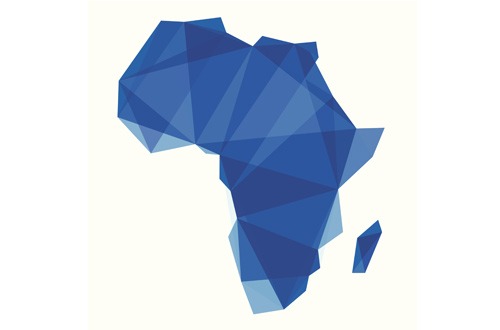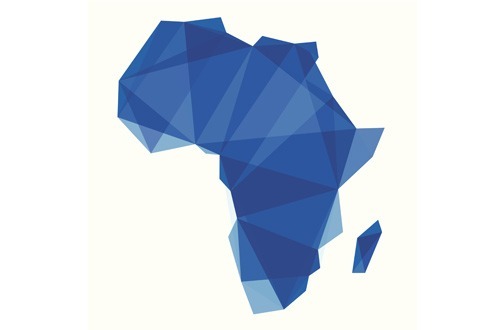
As regional manager Africa at Seedstars World SA, Marcello Schermer spent an entire year traveling through 13 Sub-Saharan countries with his organisation, an initiative which works to find, connect and invest in startups in emerging markets.
He wrote extensively about his analysis of the 13 entrepreneurship ecosystems across the African continent and his impressions of each ecosystem. Here are the biggest lessons from his study.
The method of study: In order to benchmark each ecosystem Schermer and his team developed the Seedstars Index (SSI) to measure “the quality, maturity and future potential” of each ecosystem.
As Schermer explains, the SSI consists of three pillars: culture, which looks at the prevalence of an entrepreneurial mindset in the country; the environment which factors in how conducive the “legal, political and financial environment to build and grow companies in that country,” and lastly opportunity which considers how big the opportunity to grow and scale is within and outside of the home market.
The GOOD news: There is a spirit of startups and entrepreneurship in all ecosystems, which was inspiring, says Schermer. “There is no country or city that doesn’t have entrepreneurs working on reinventing domestic and international industries. People are taking matters in their own hand and are building companies to solve local and international problems,” he says.
Further proof of this is that more money is being invest in African startups, he adds, with over $185 million being invested in startups across the continent in 2015 alone.
The BAD news: Despite advances Sub-Saharan Africa still falls behind other regions in terms of entrepreneurship development and support systems.
According to SSI the region averages 52.4 points on the SSI while Latin America, the front runner in the study, reached an average of 63.8 points, says Schermer.
“There is also a large disparity between the top and worst performing ecosystems in Africa, with South Africa, the best ranked African country in the study (and second best globally), performing nearly twice as well as Angola, the country ranked last in Africa (and second to last globally).”
A country by country look
South Africa: Johannesburg is the new promising kid on the block and is “churning out solid, ambitious and sophisticated businesses,” says Schermer. However, much of the attention still remains on Cape Town, he explains, as it has an incredibly vibrant ecosystem and support infrastructure from investors, government and private institutions.
Rwanda: The country comes ahead with the highest ease of doing business scores on the continent because of its policies which have made it easy and attractive to establish a business. The country is also now “positioning itself as a testbed and laboratory for African startups, where one can test a business in a small, but stable and business friendly African market and expand it from there once it’s validated,” says Schermer.
Senegal and Ivory Coast: Francophone countries because of the low rate of English fluency differ from the rest of countries analysed. Schermer writes that one of the ways that this impacts their entrepreneurship ecosystem is France is considered the role model for entrepreneurship and the main market to scale into.
Another way the countries are impacted is with the language barrier which translates into French speaking entrepreneurs not being able to benefit from content available only in English, he says. This language barrier also hinders access to “non-french speaking VCs, corporates and ecosystem players” which restricts their opportunities to succeed.
Ethiopia: Its large population, a fast growing economy and internet penetration and a heavily regulated market make Ethiopia one of the most promising countries for entrepreneurship in Africa, says Schermer. That every industry is still pretty much untouched by technology and innovation presents many opportunities for the country’s startups to take advantage of.
Botswana: “Botswana is one of the few entrepreneurship ecosystems in Africa that is basically kickstarted and run by the government rather than by private initiatives that eventually received the government’s attention.”
Government is the main driver behind the entrepreneurship ecosystem, he says, with attempts to diversify the economy and move away from its dependence on diamonds and nickel which contributes 75% to the economy.
Angola: Entrepreneurship is still fairly new in Angola, explains Schermer. However, the country which is dominated by oil, gas and big corporate is making strides to create “a more conducive environment for entrepreneurship in the country.”
The BOTTOM line: Schermer is optimistic while still acknowledging that there is still much work to be done. “There is still a long way to go in order to make starting and running businesses easier, facilitating trade and traveling and creating policies that allow companies to grow and investors to invest into them. However, if things keep improving at the current rate in all corners of the continent, I am sure that it won’t be long until we see successful high growth companies popping up from all across the continent to compete on a global scale.”
- The full article is available on Marcello Schermer’s Linkedin profile.






